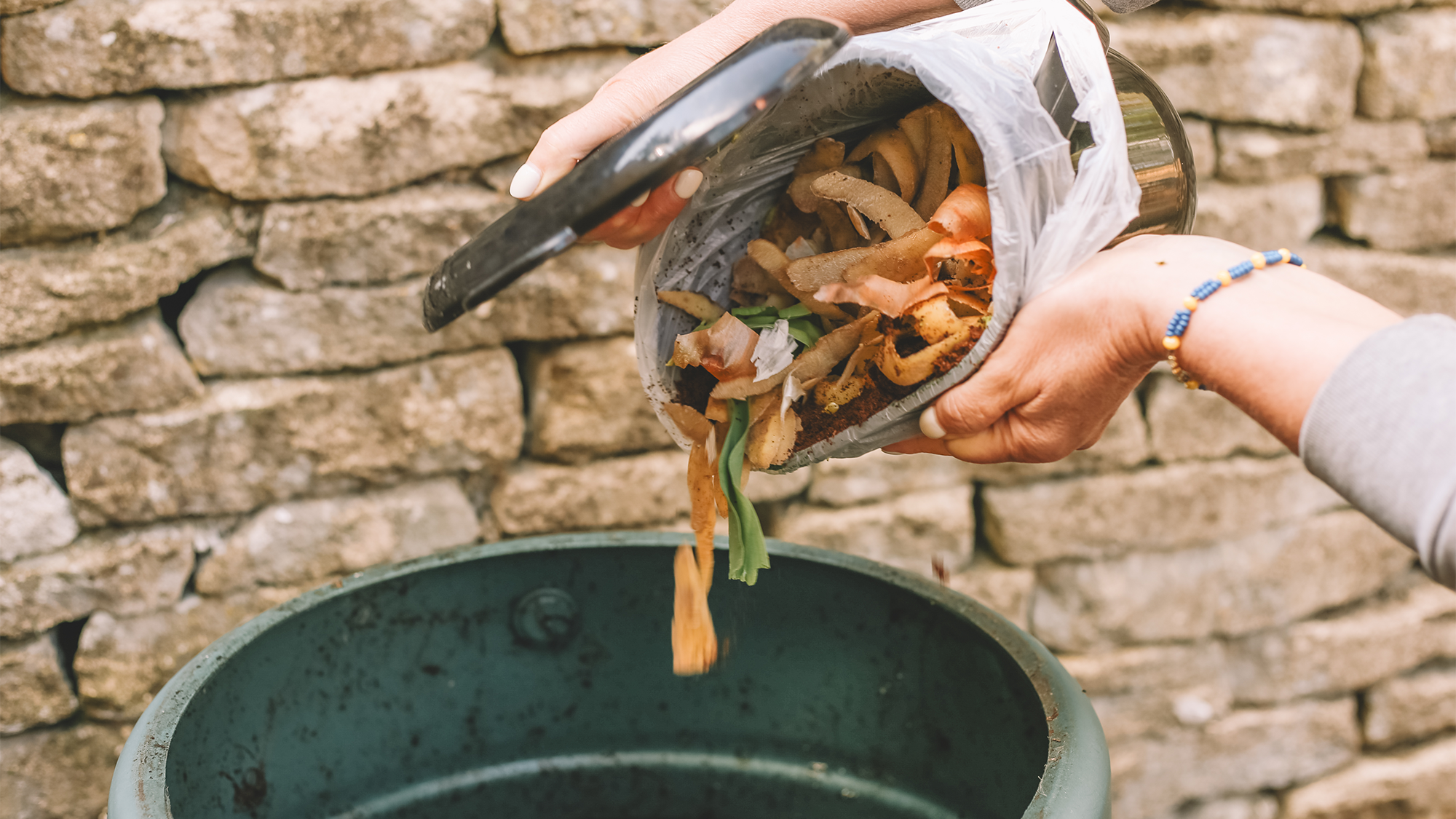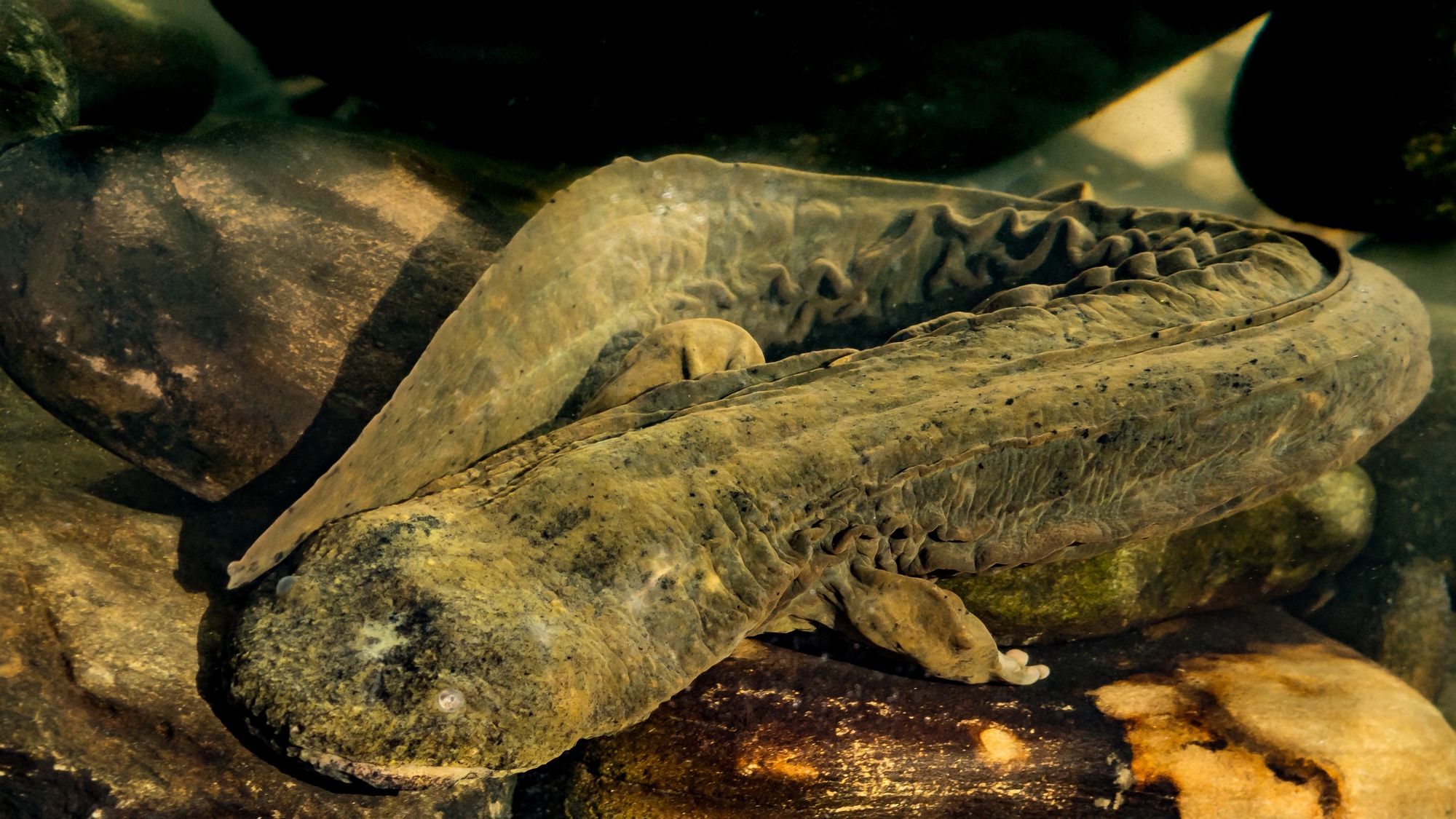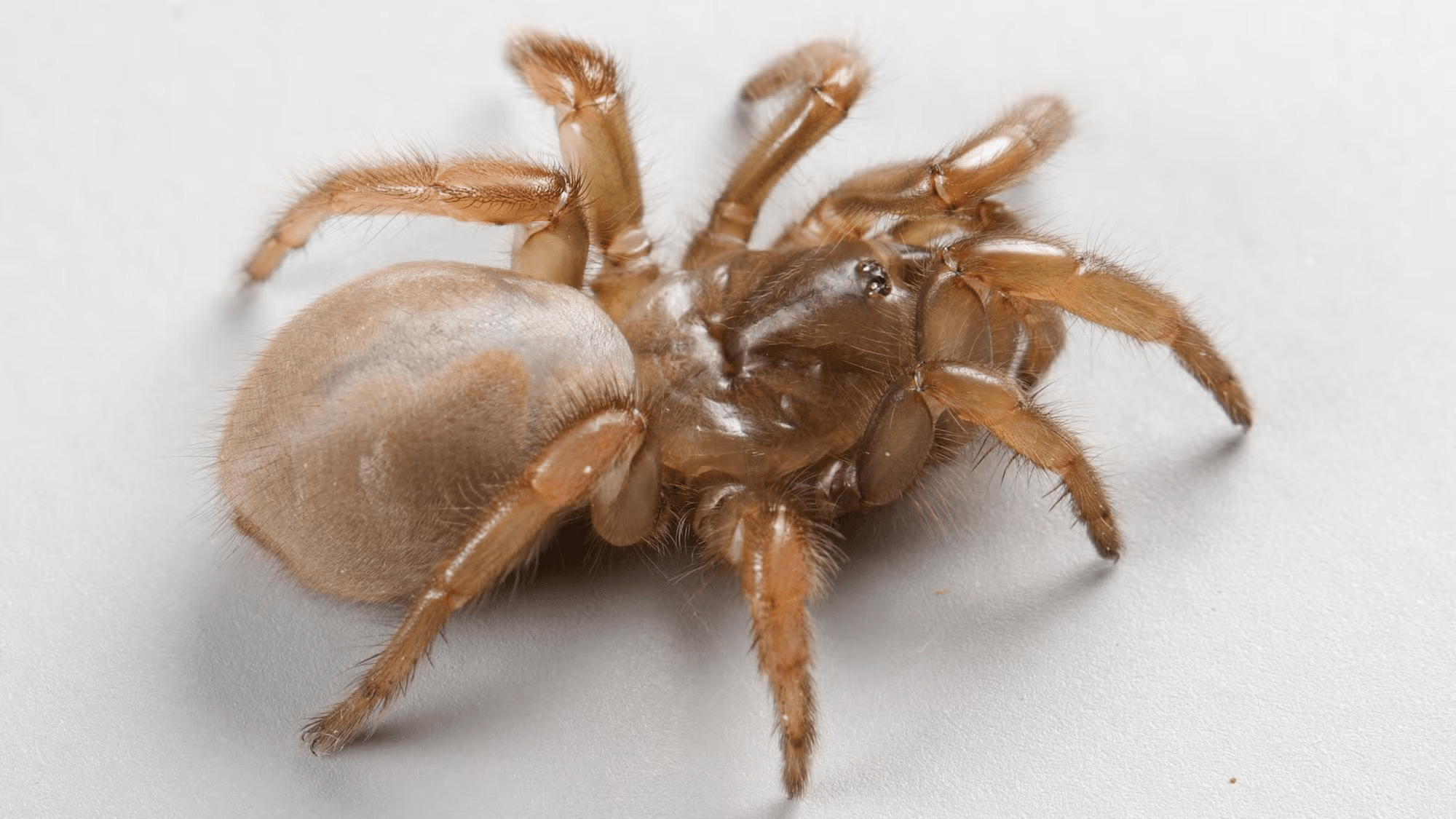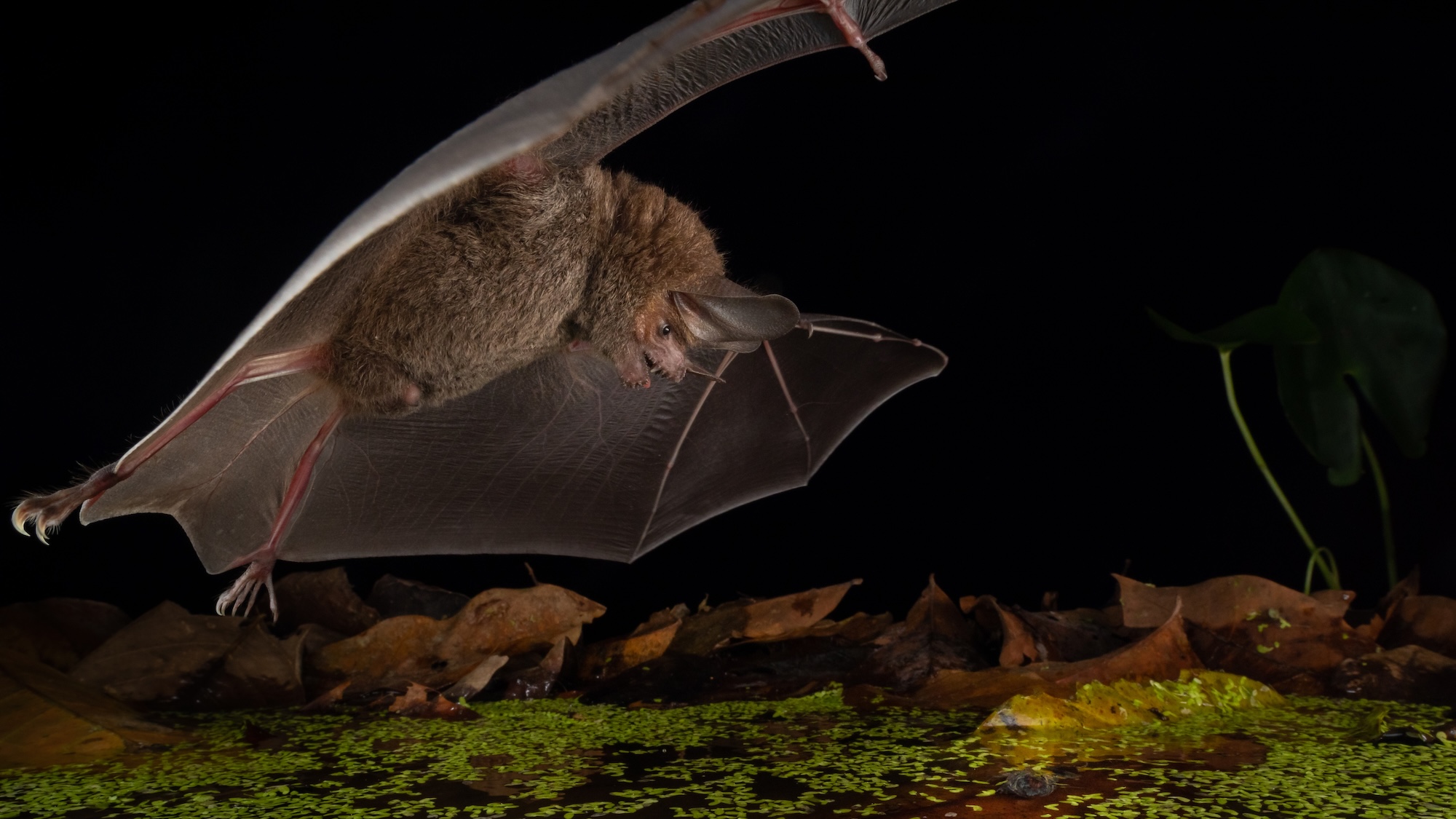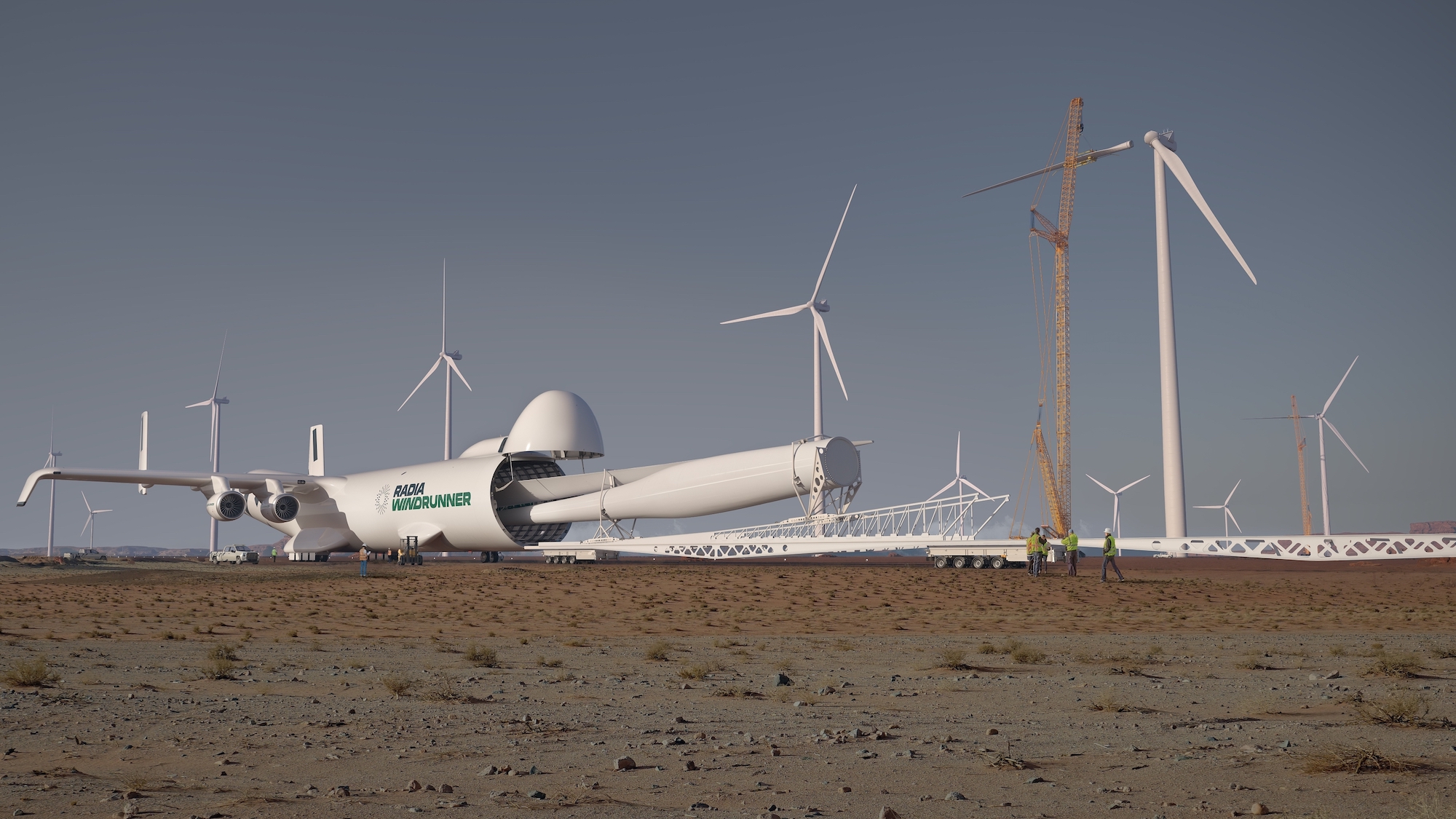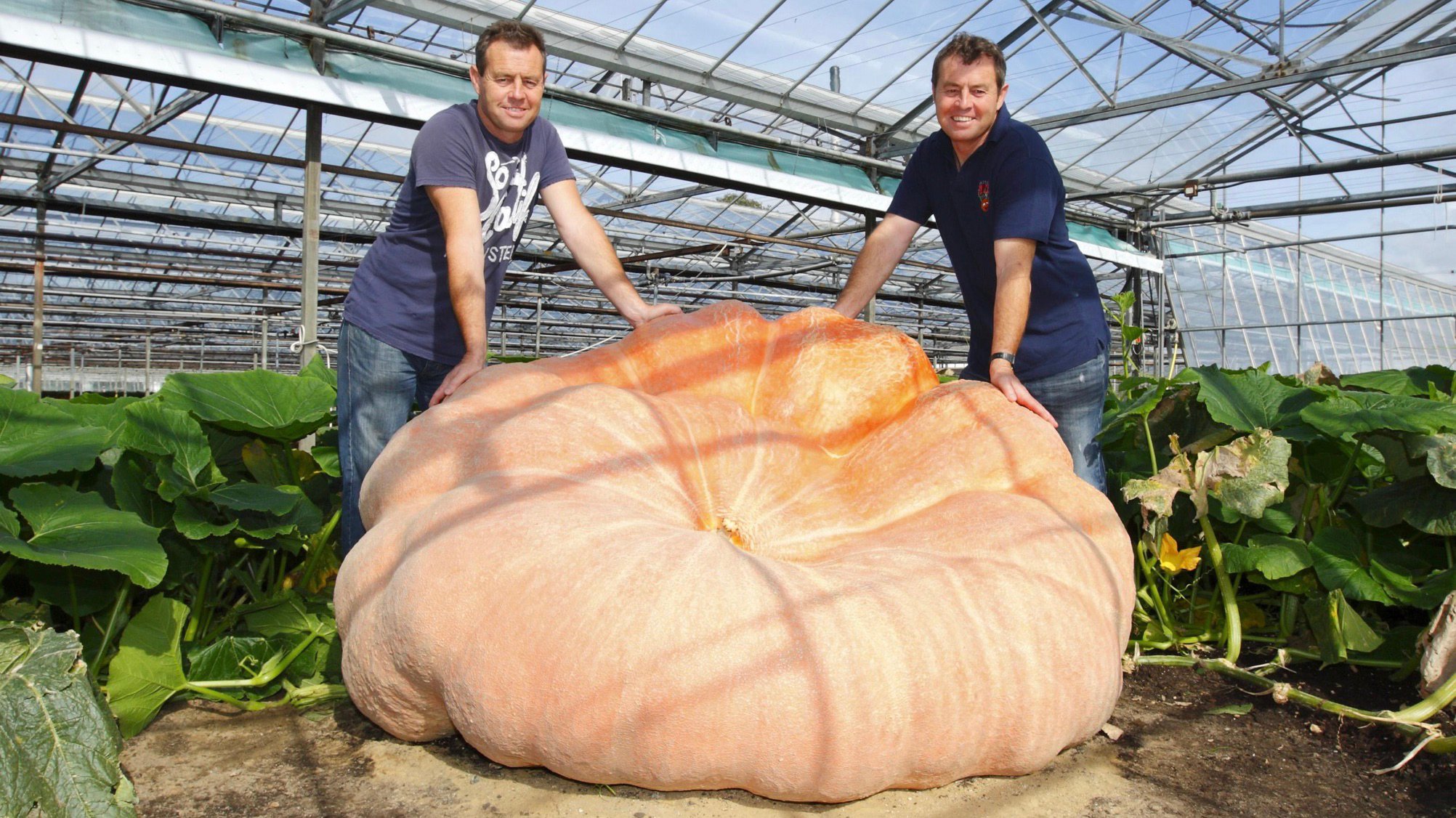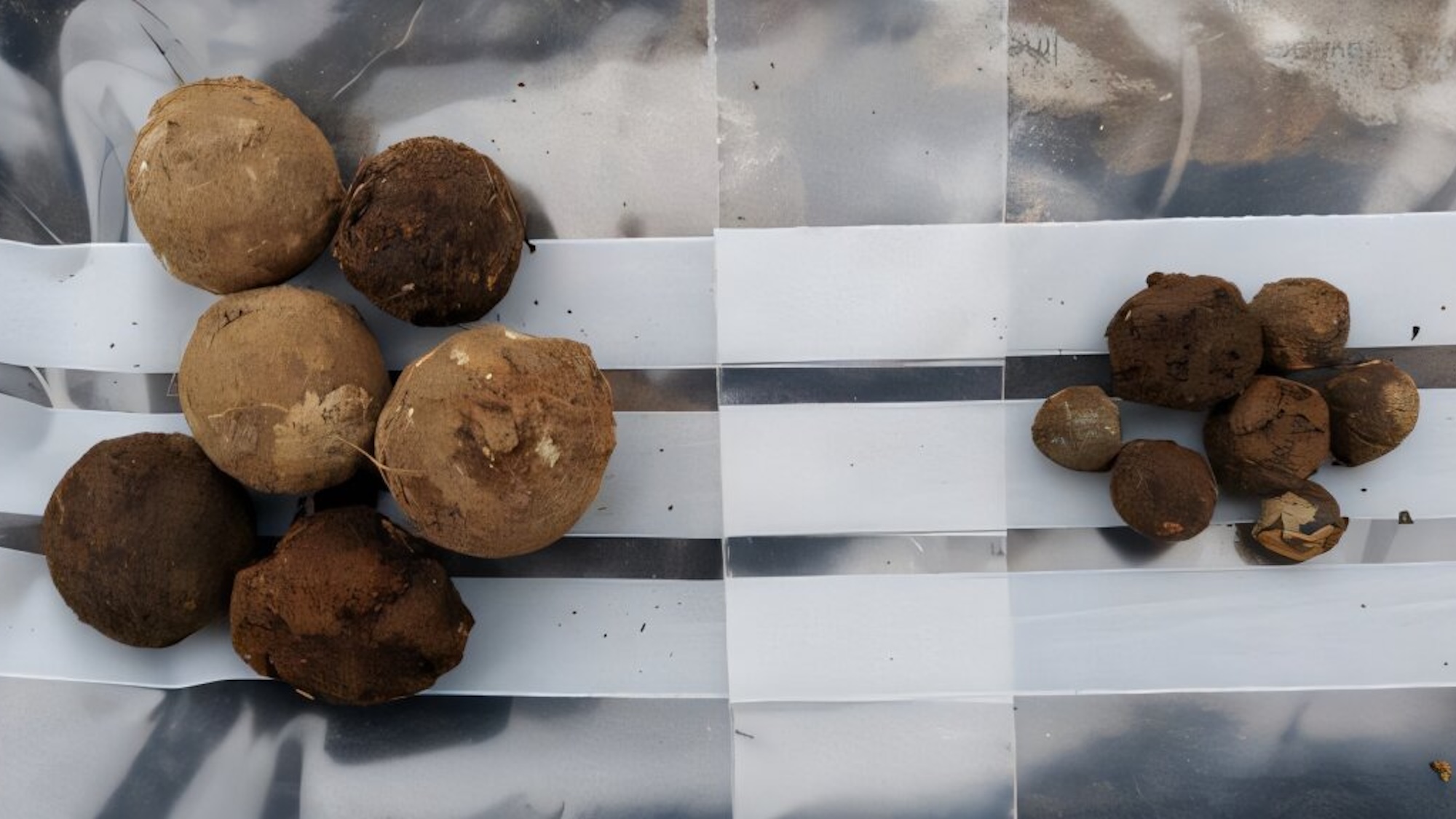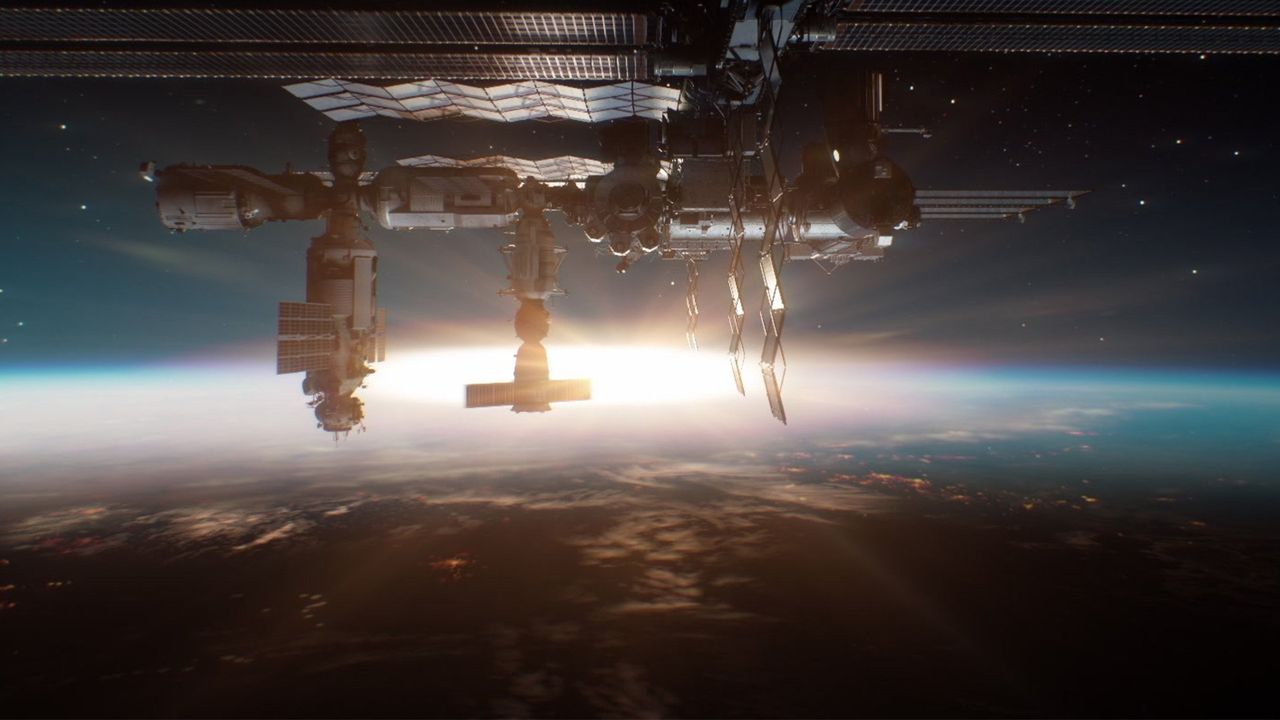This mosquito death trap is all-natural and very deadly
PositiveScience
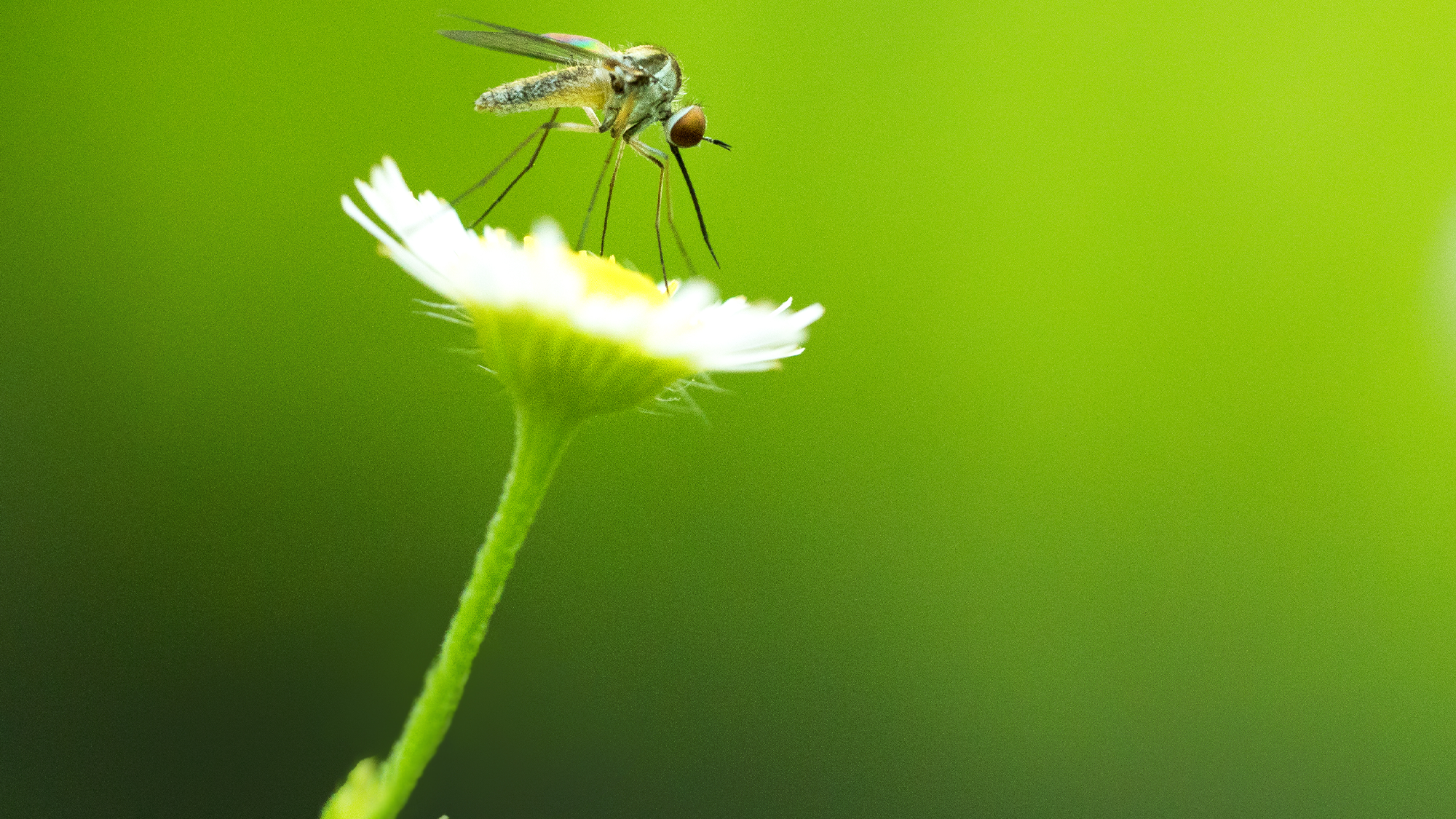
A new all-natural mosquito death trap harnesses the power of flowers and fungi to effectively eliminate these pesky insects. This innovative approach not only offers an eco-friendly solution to mosquito control but also highlights the potential of natural ingredients in pest management. As concerns about chemical pesticides grow, this development could provide a safer alternative for both humans and the environment.
— Curated by the World Pulse Now AI Editorial System

